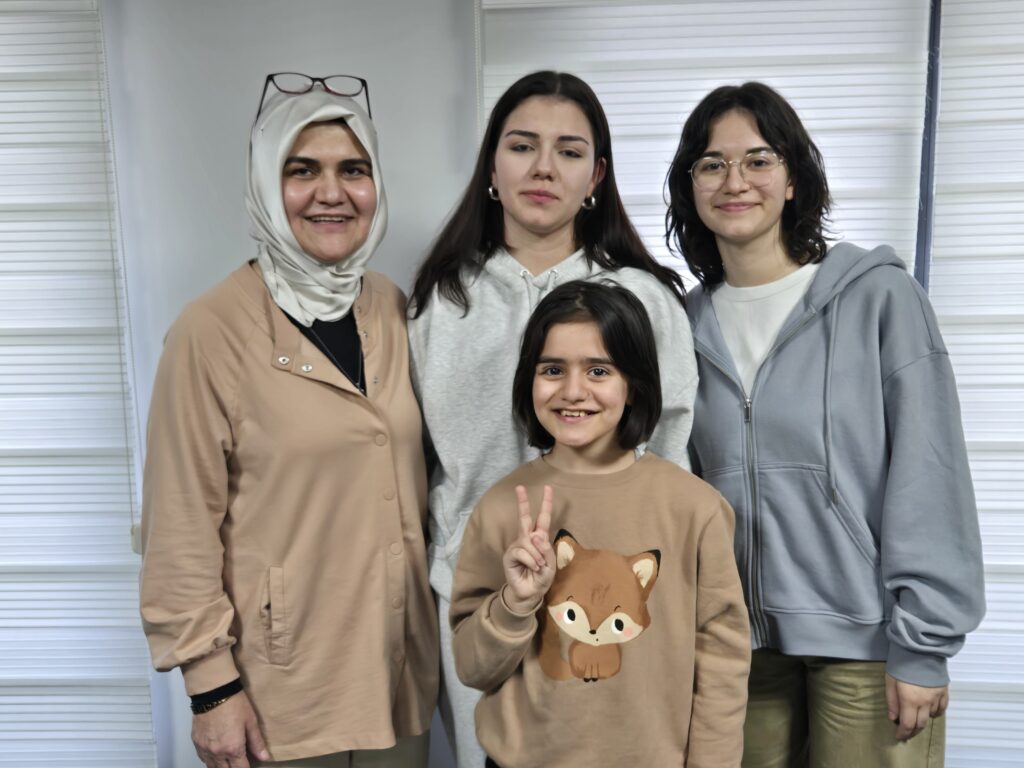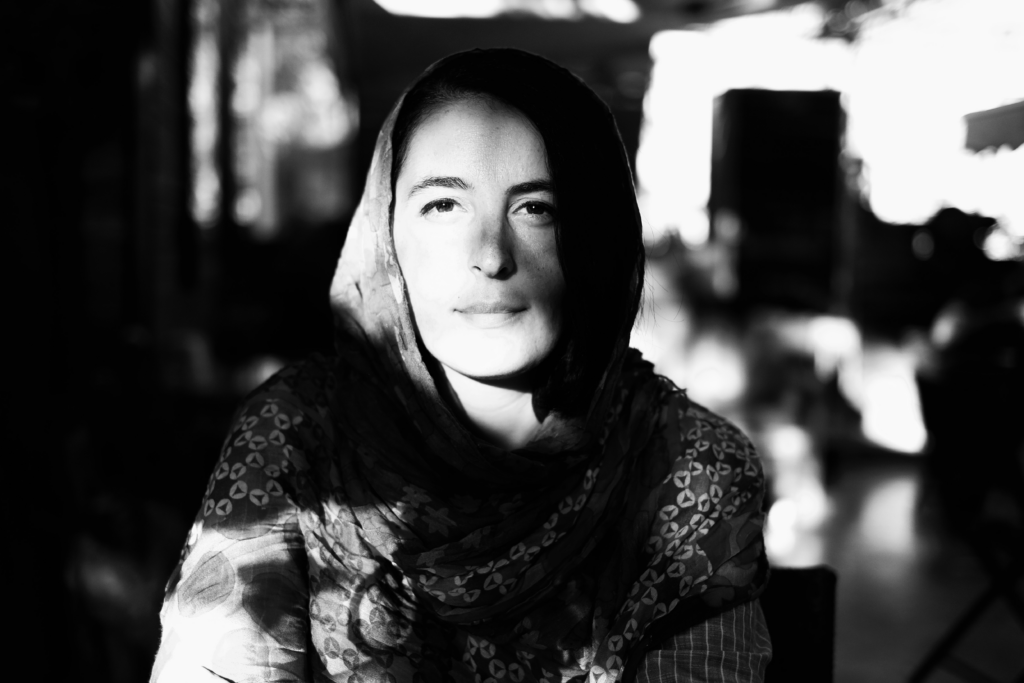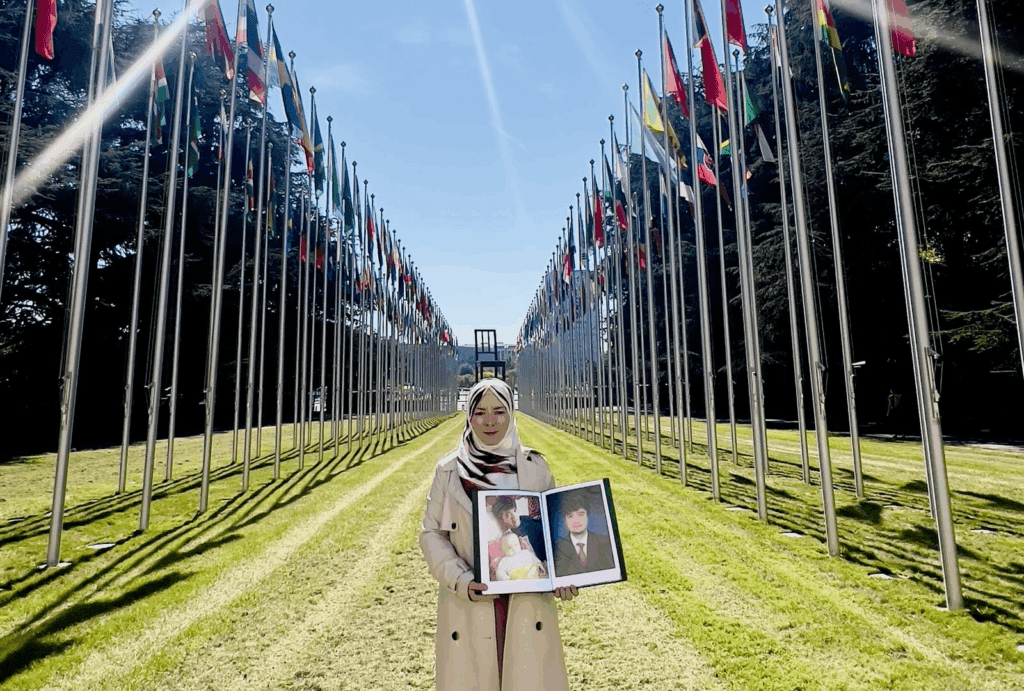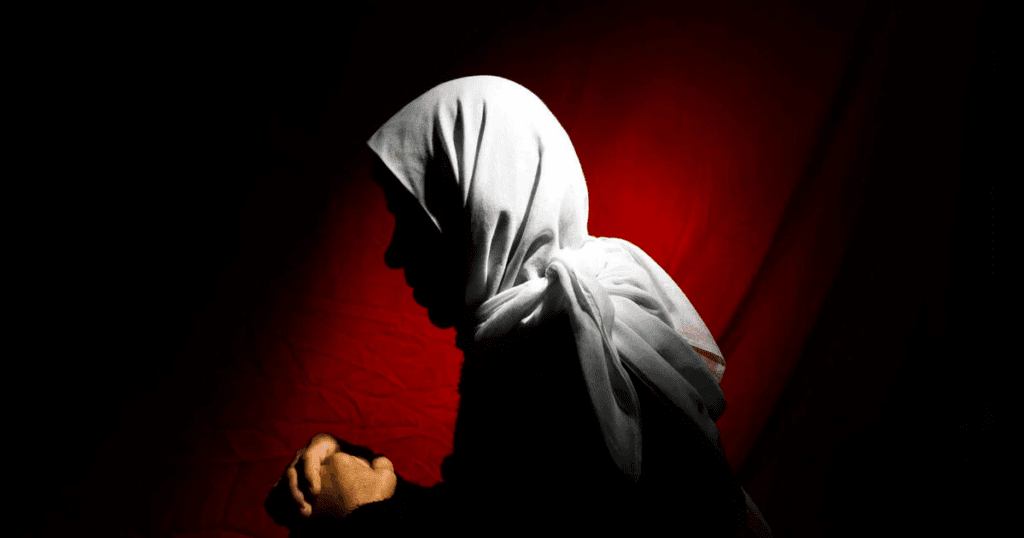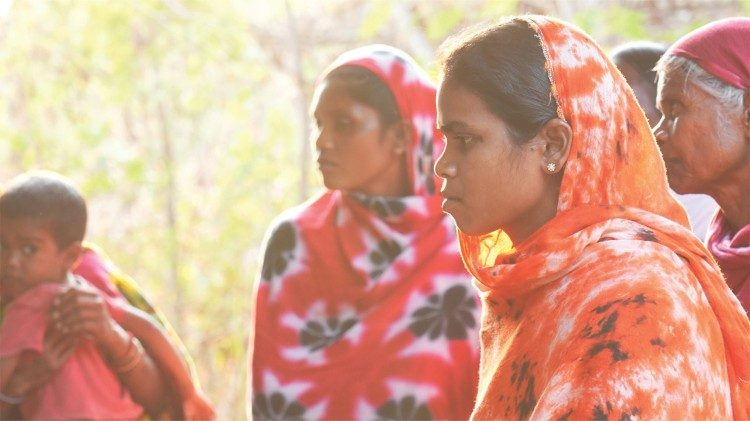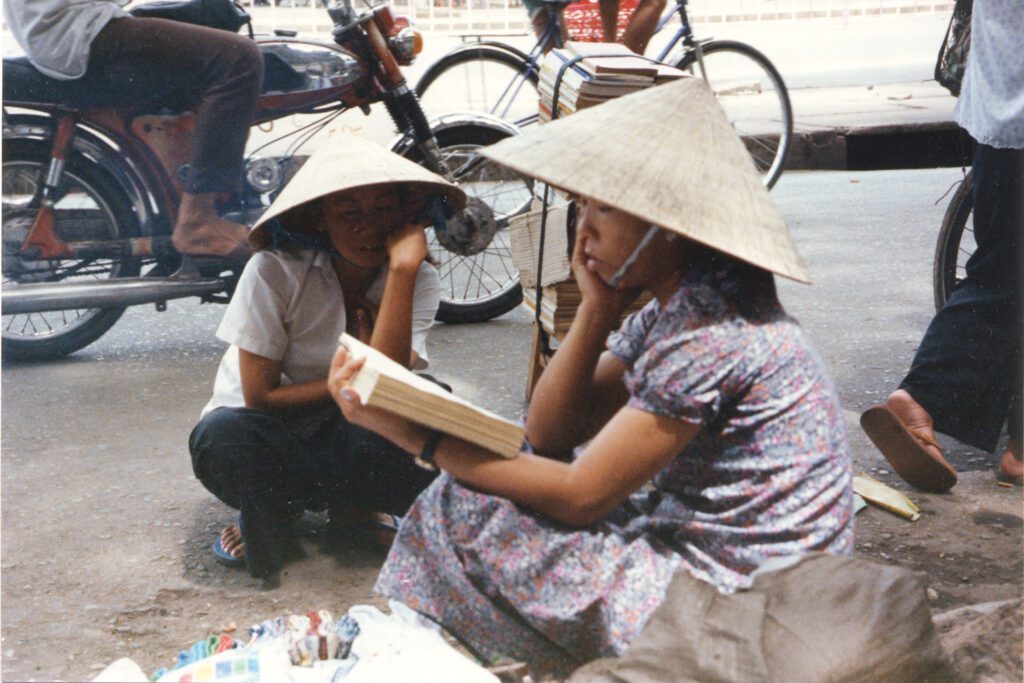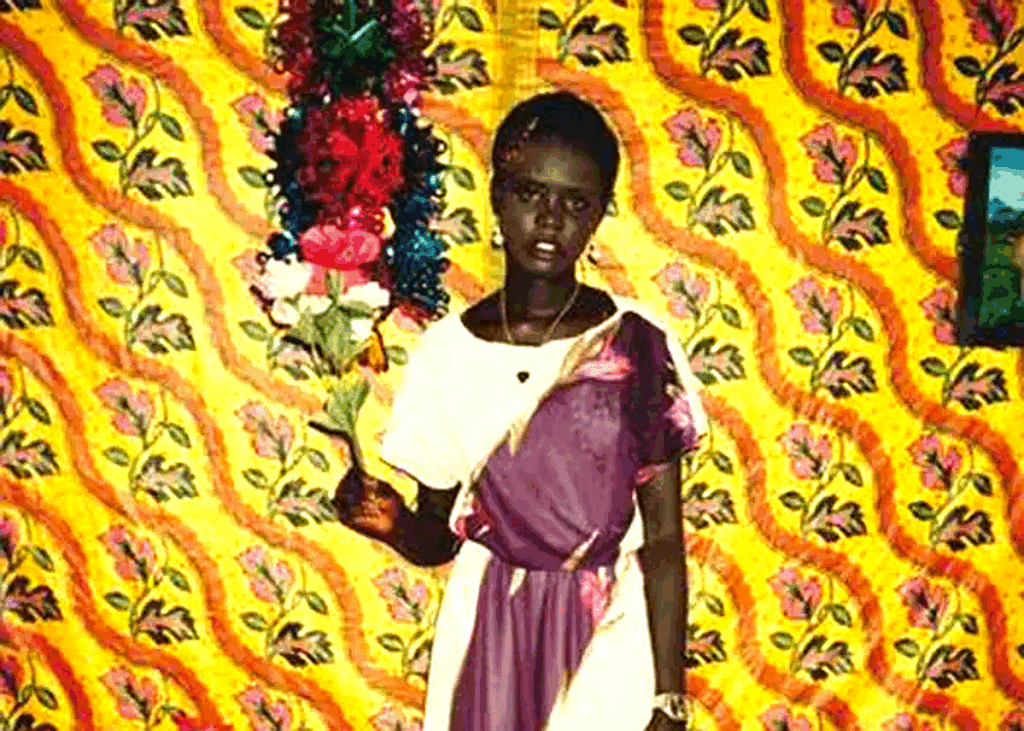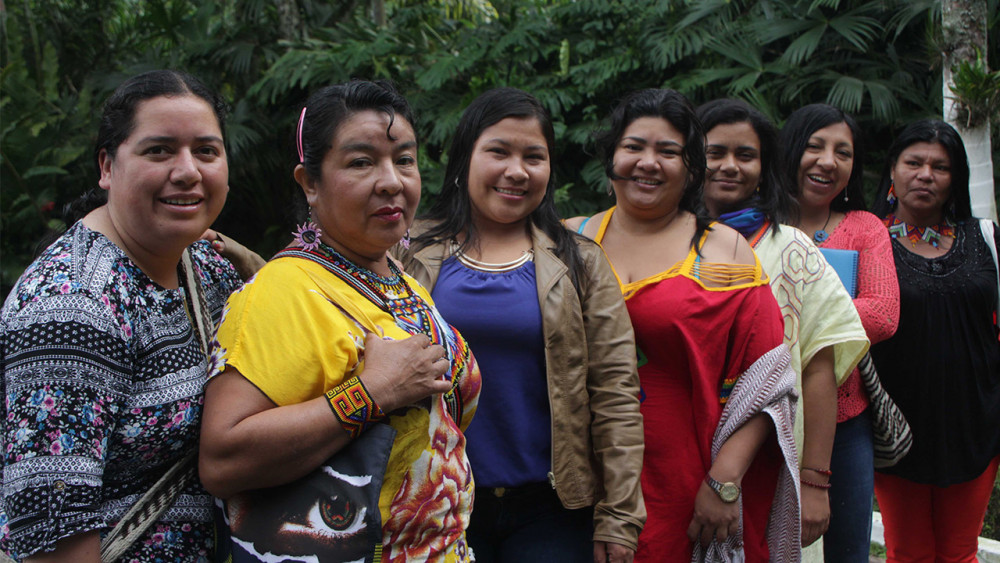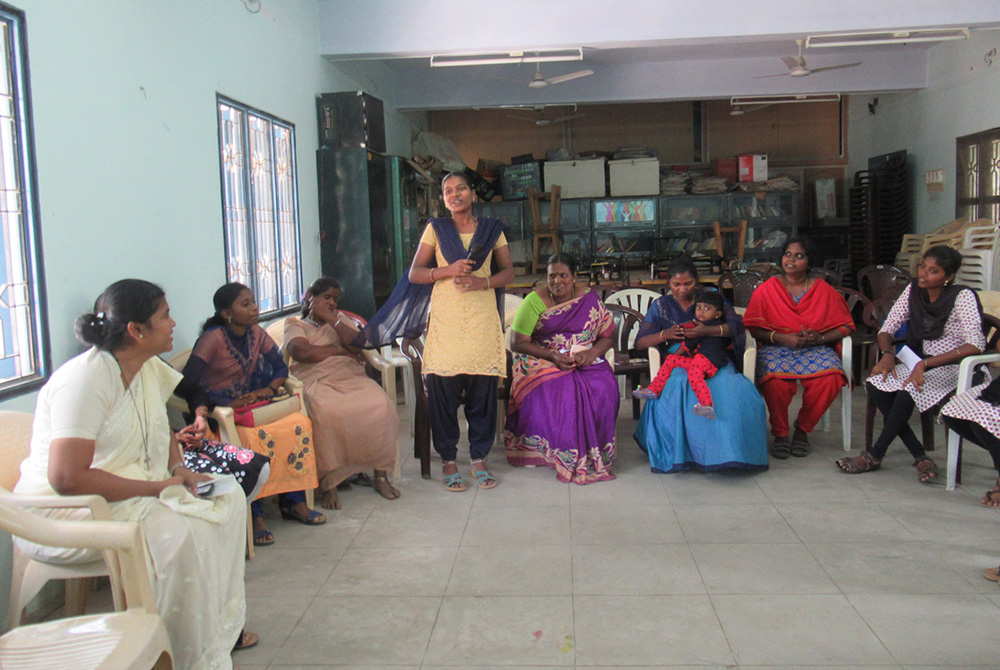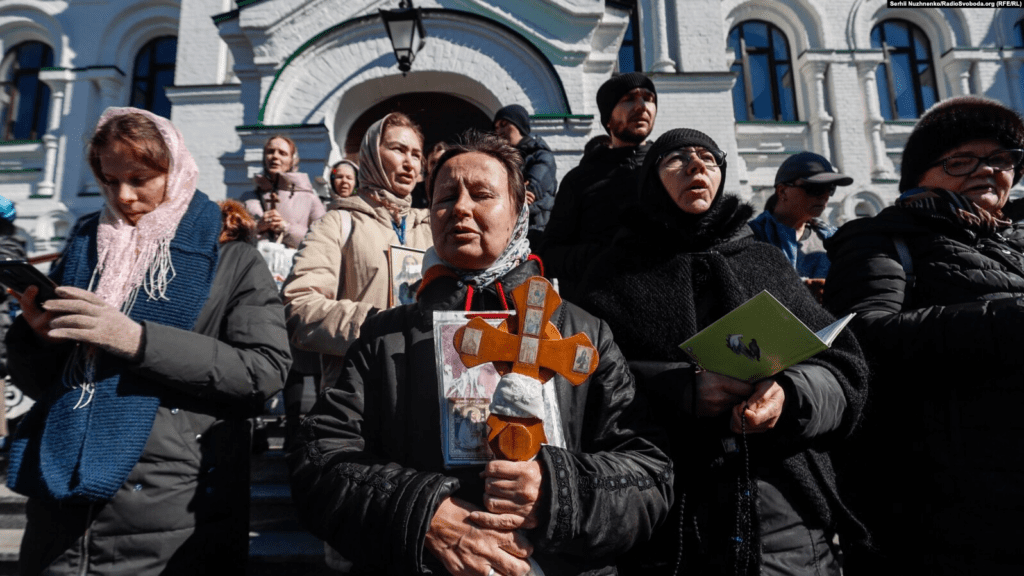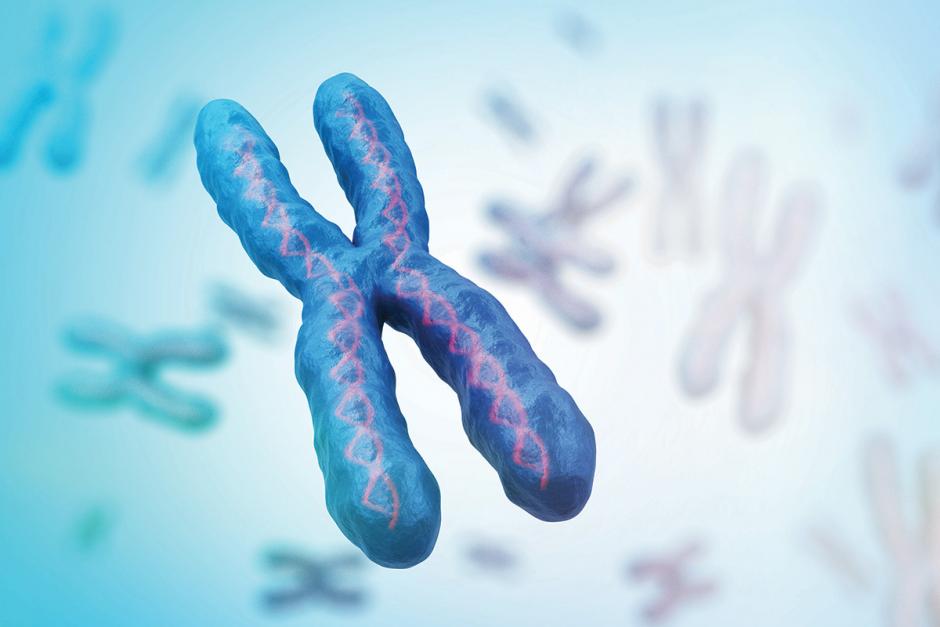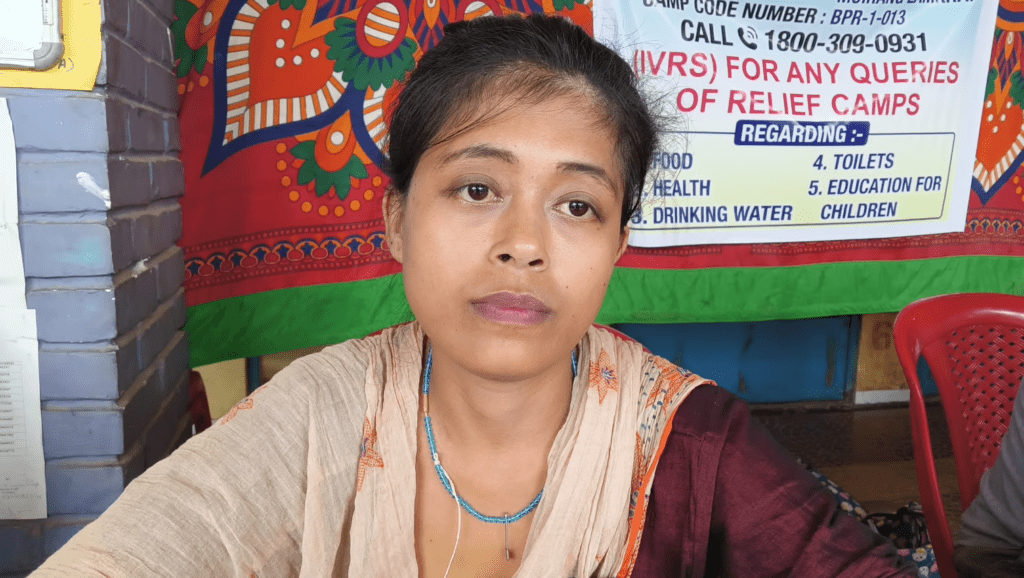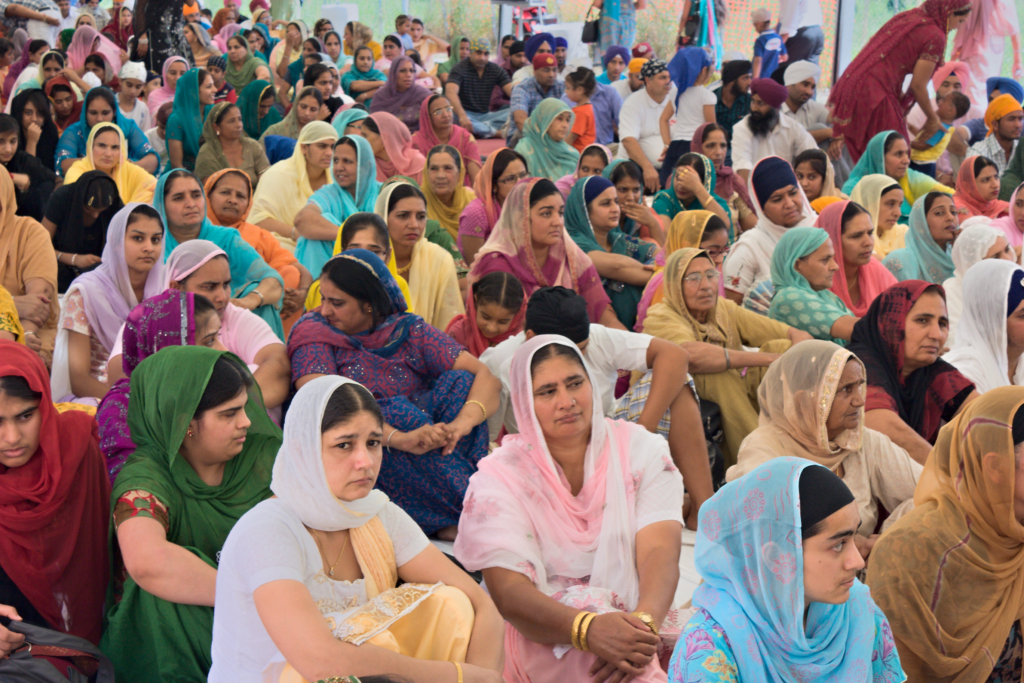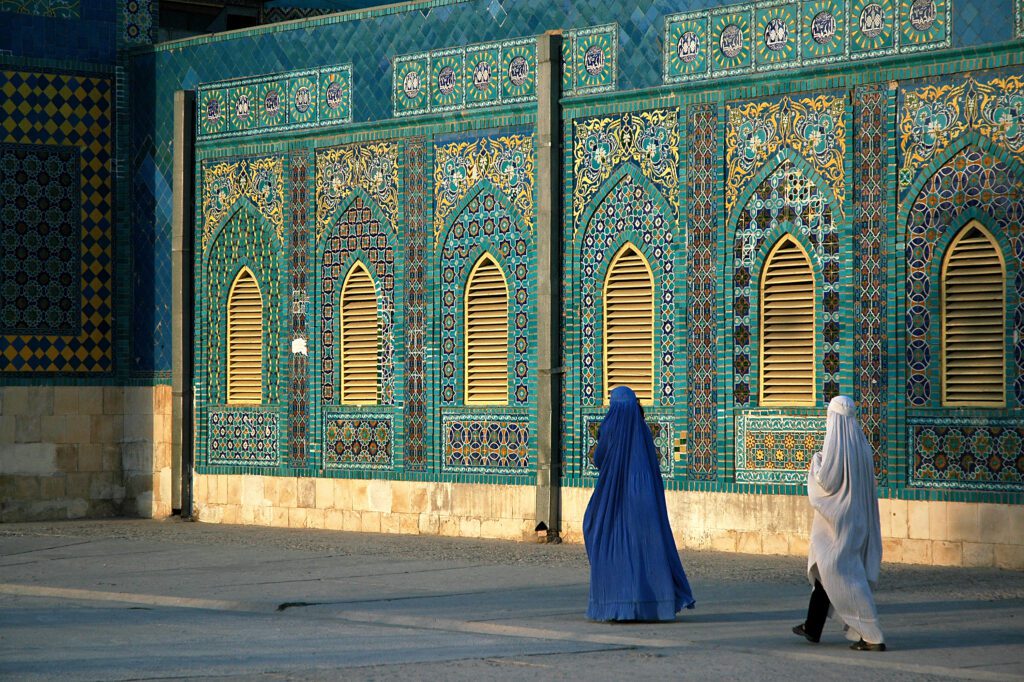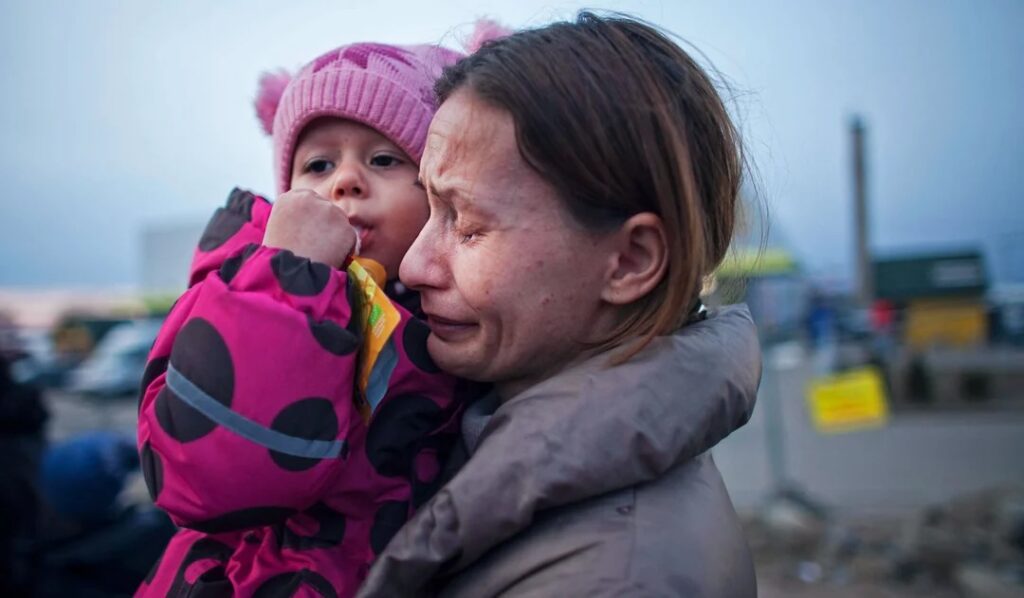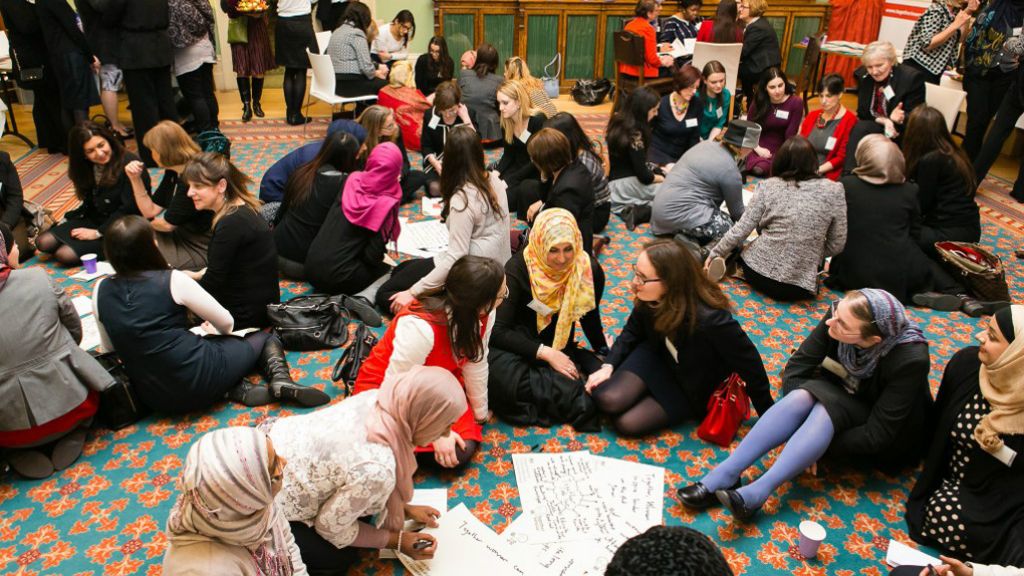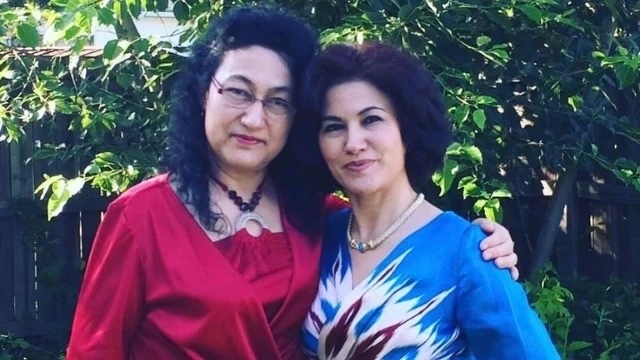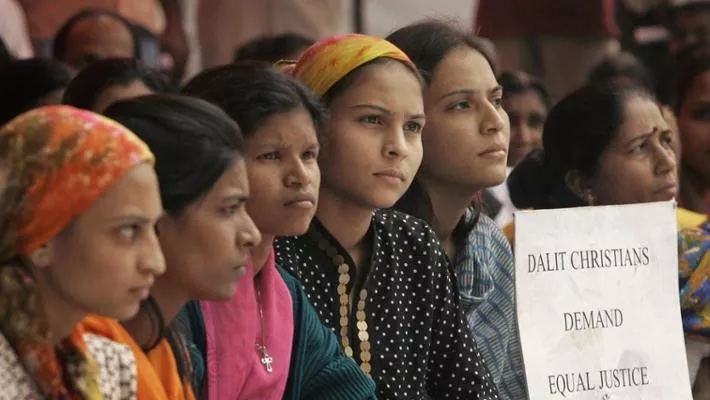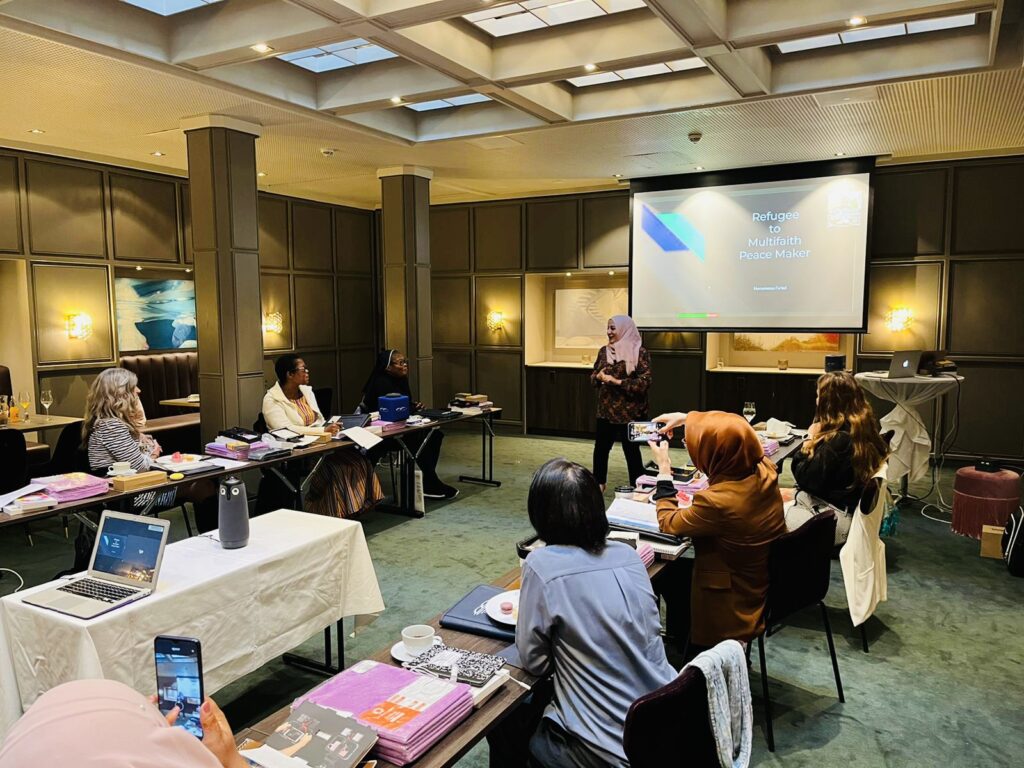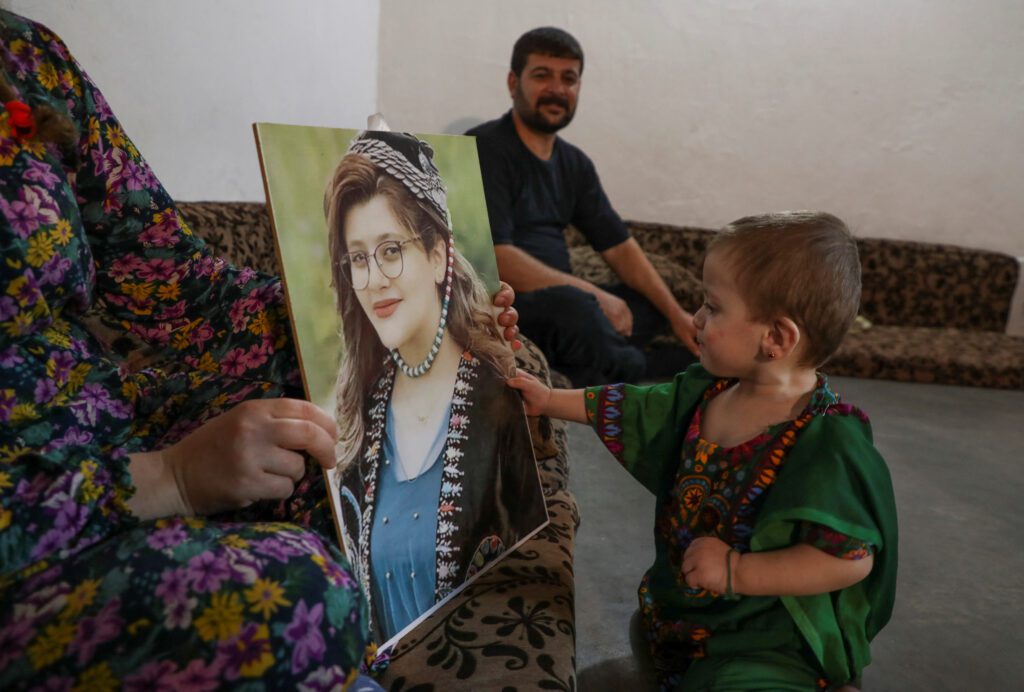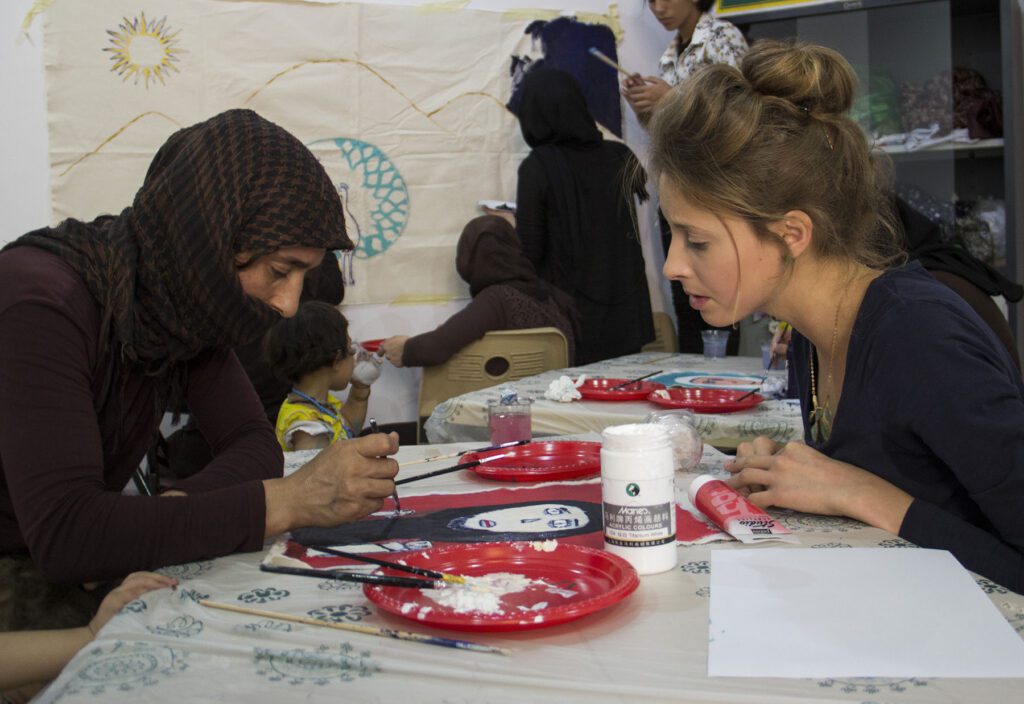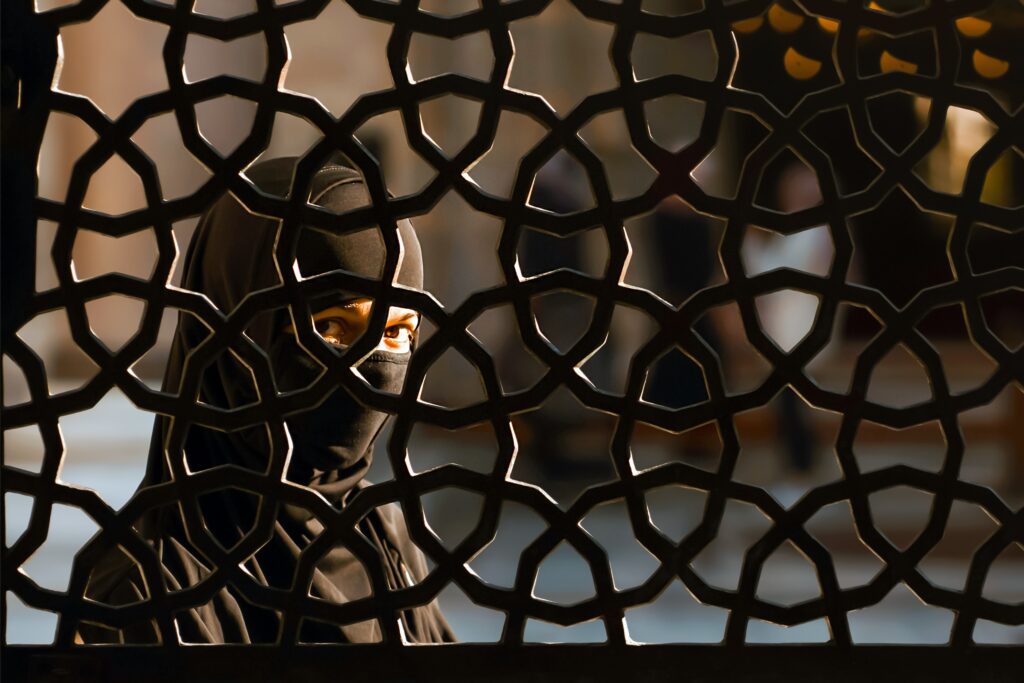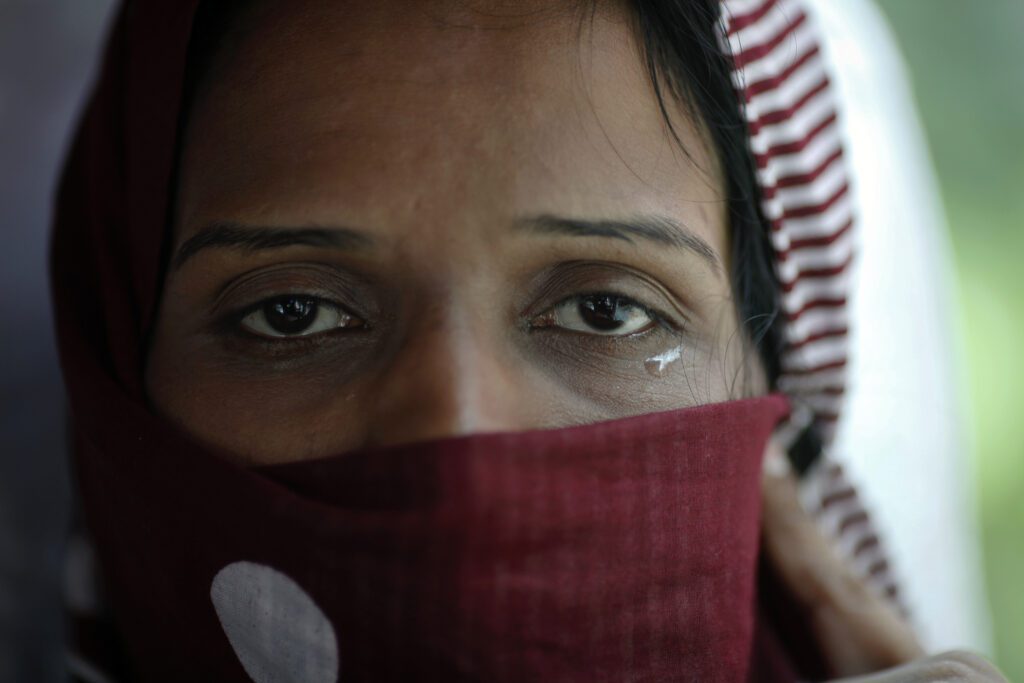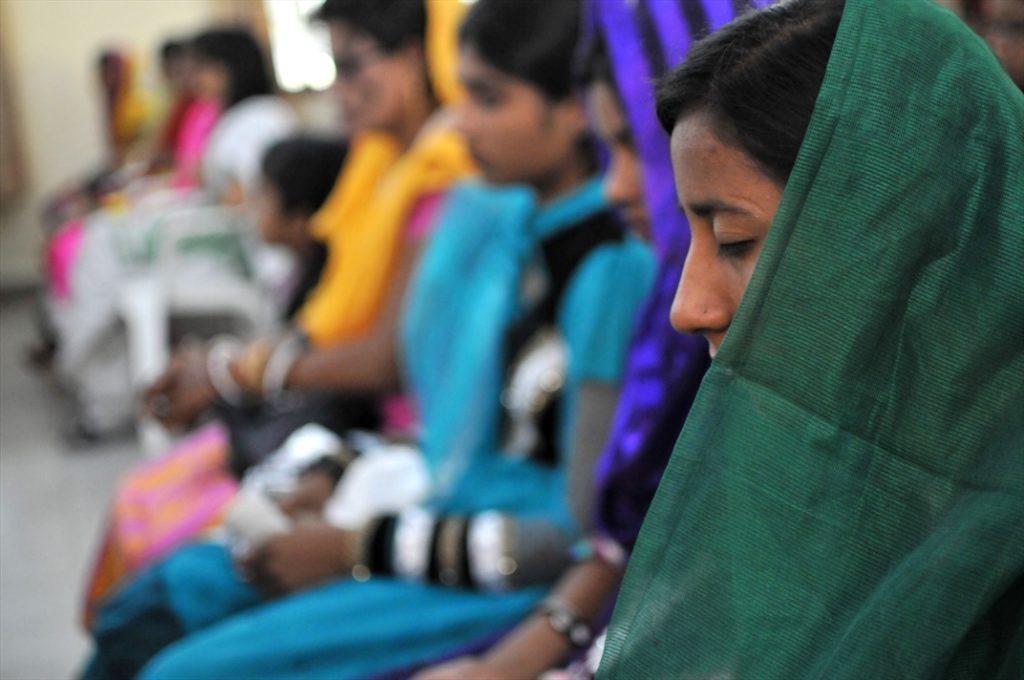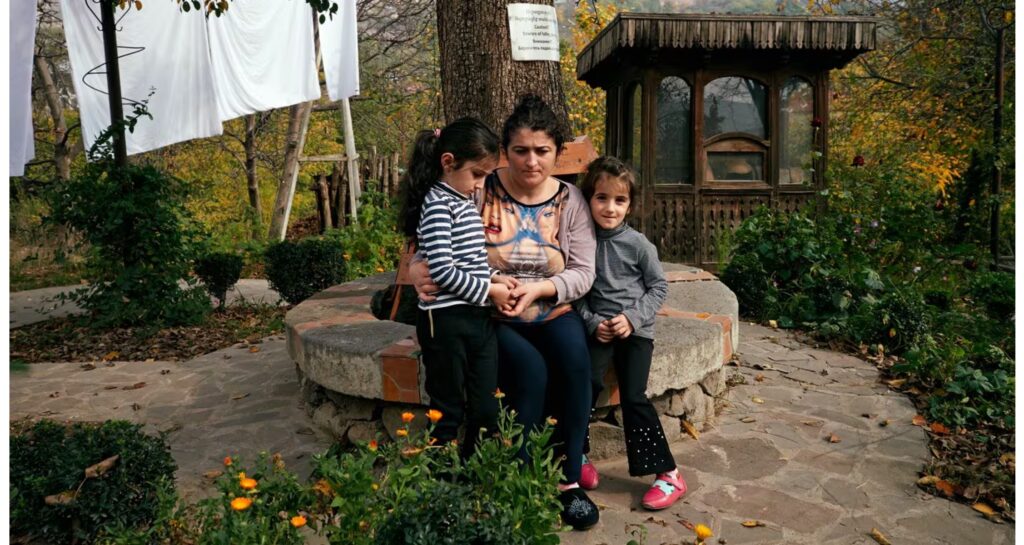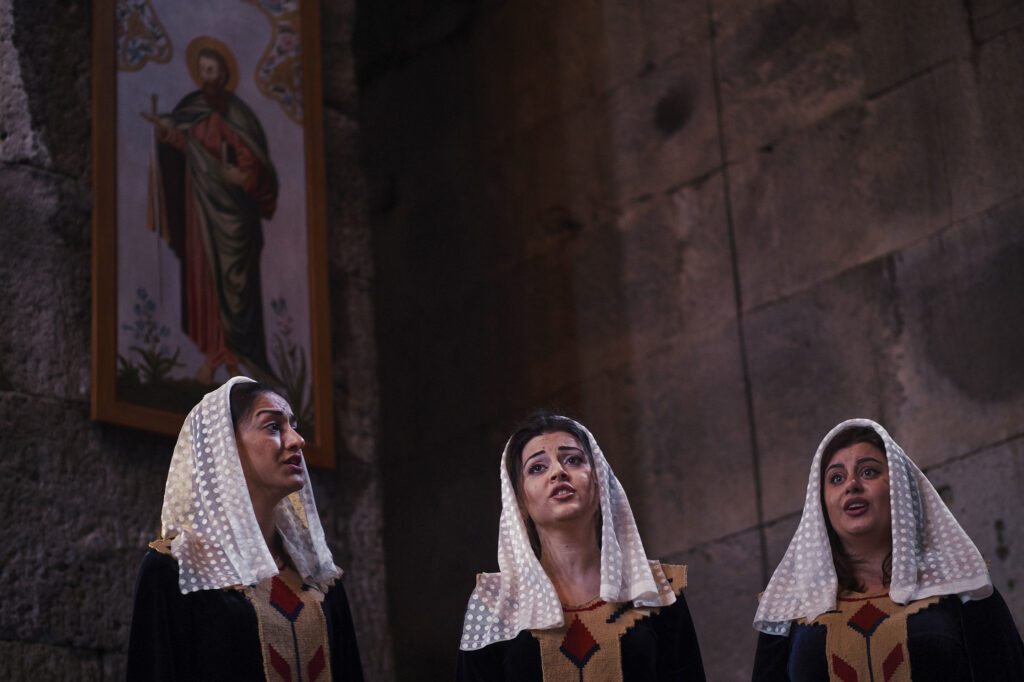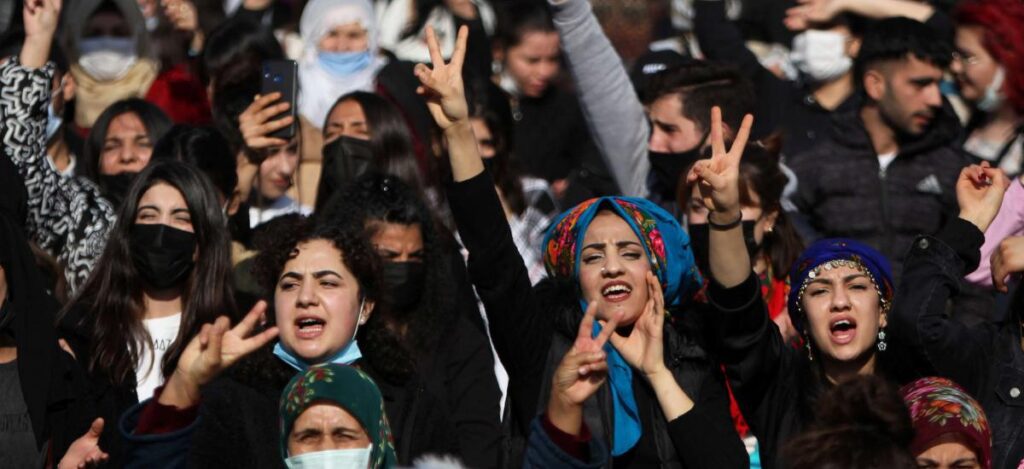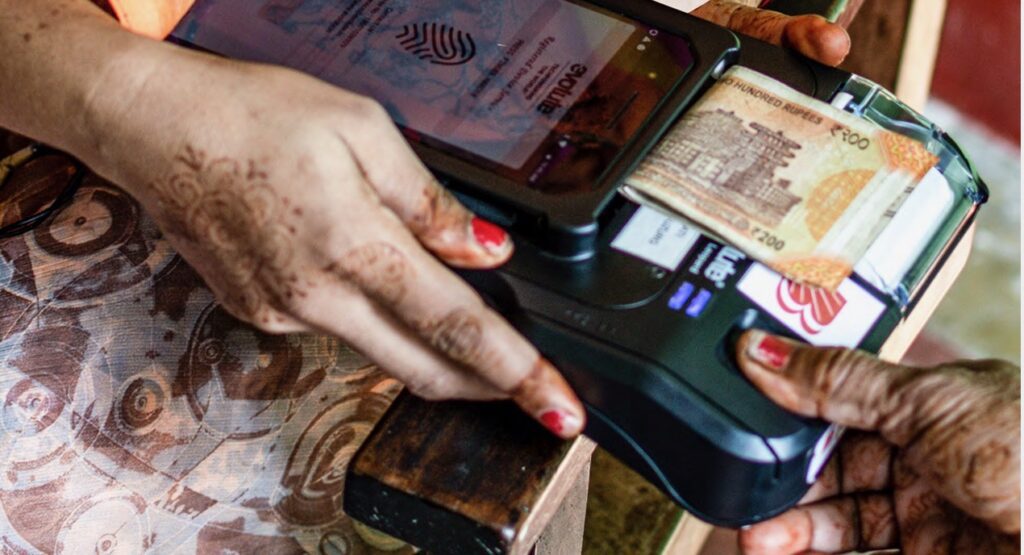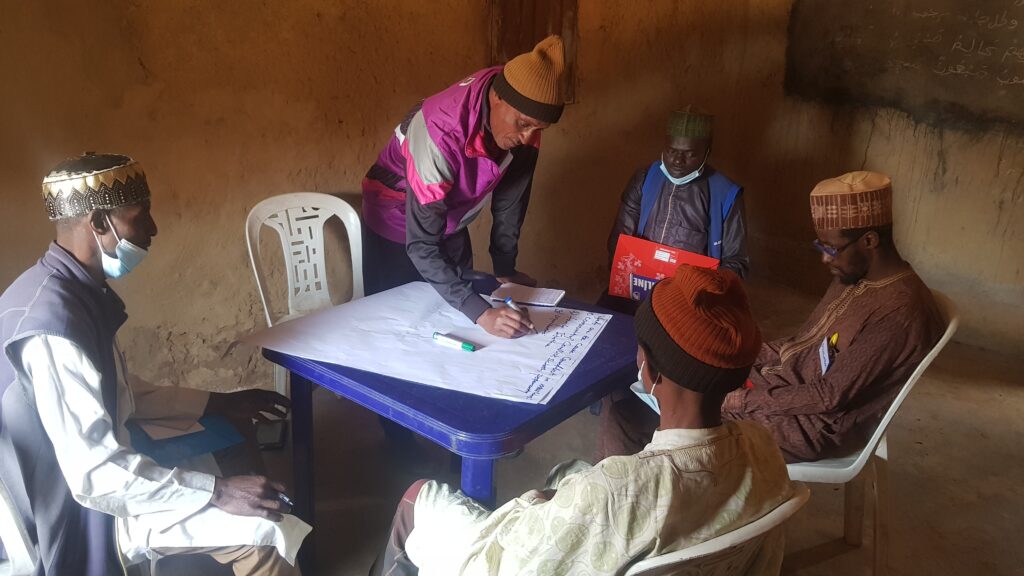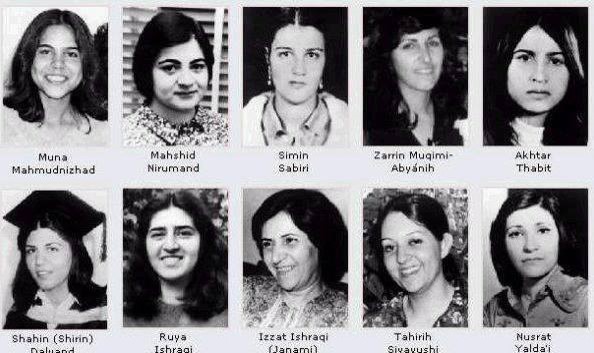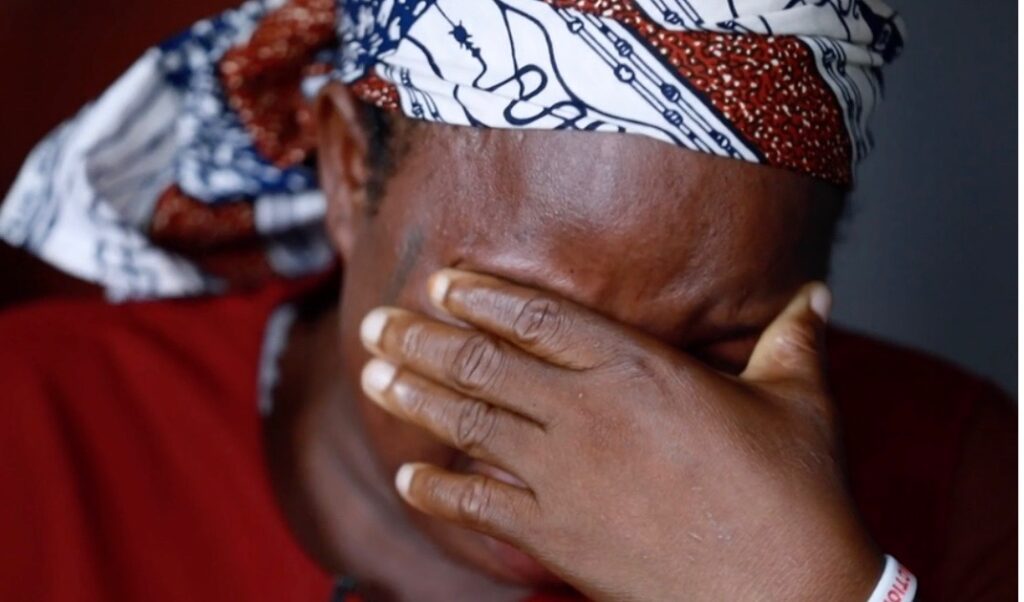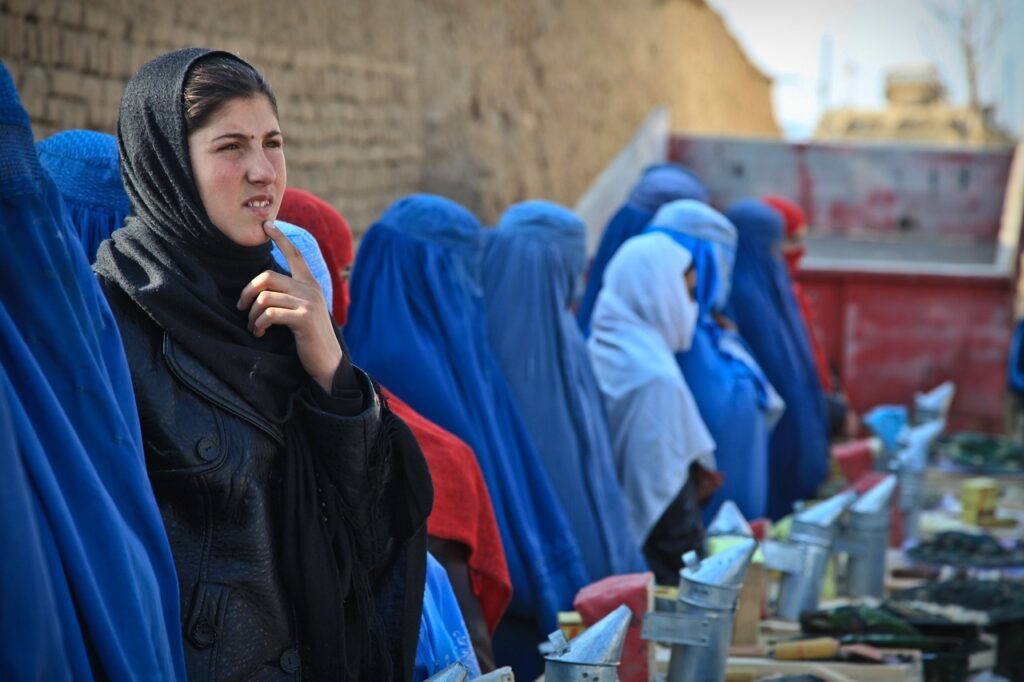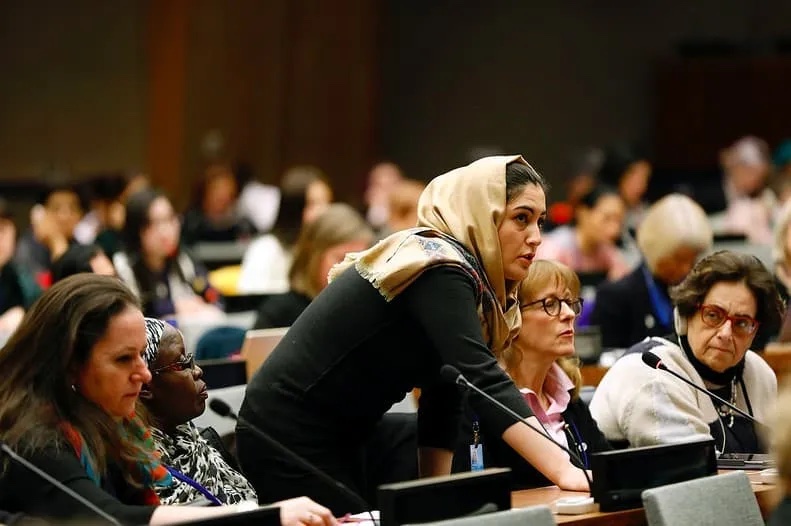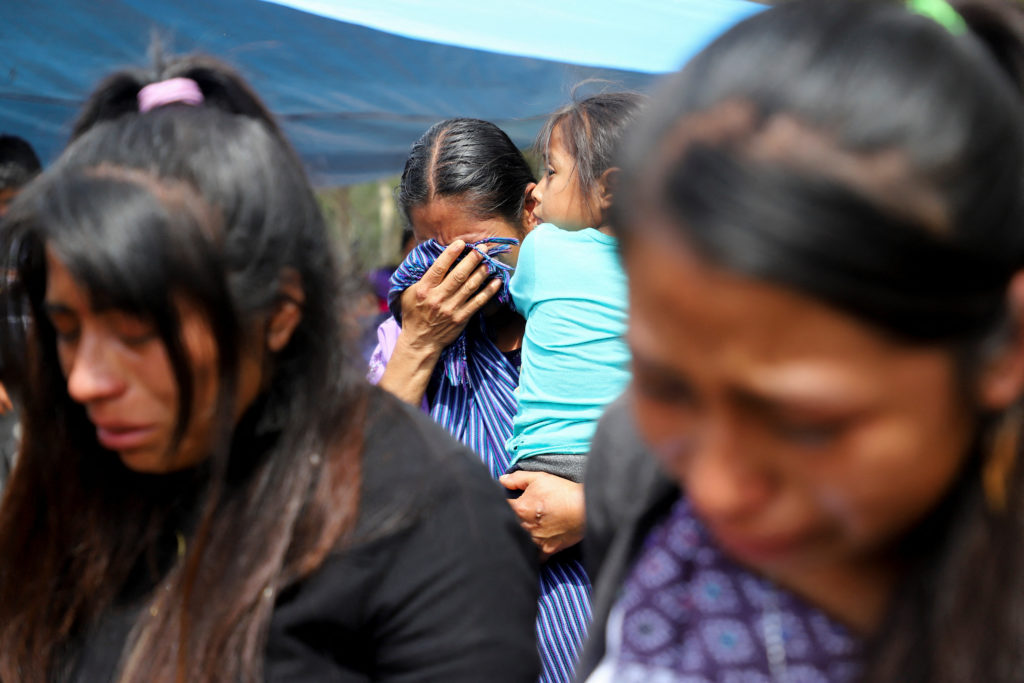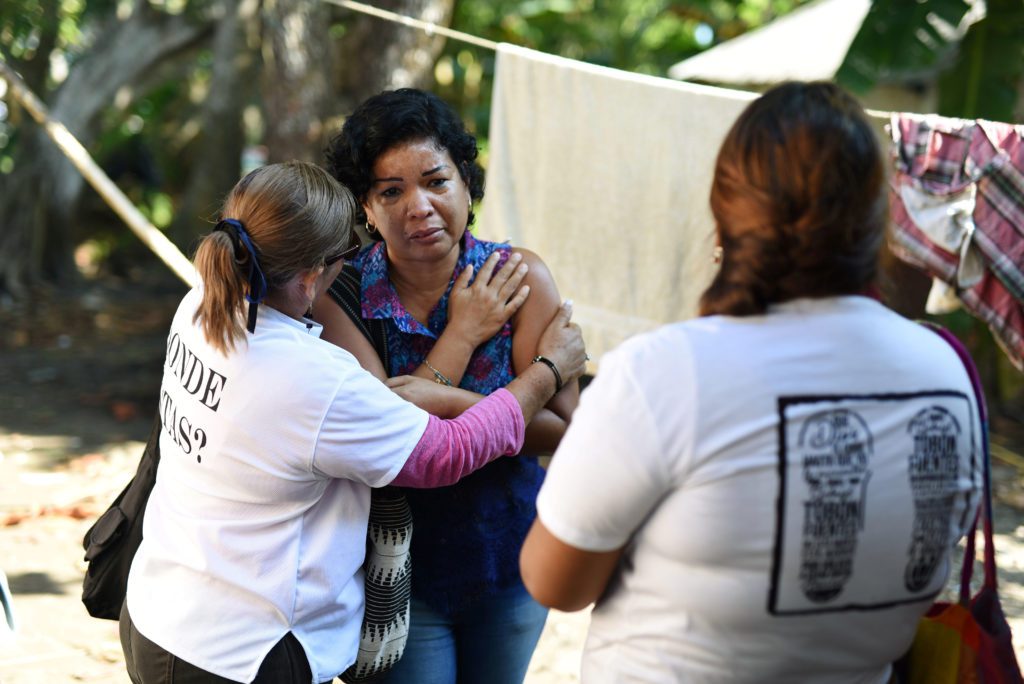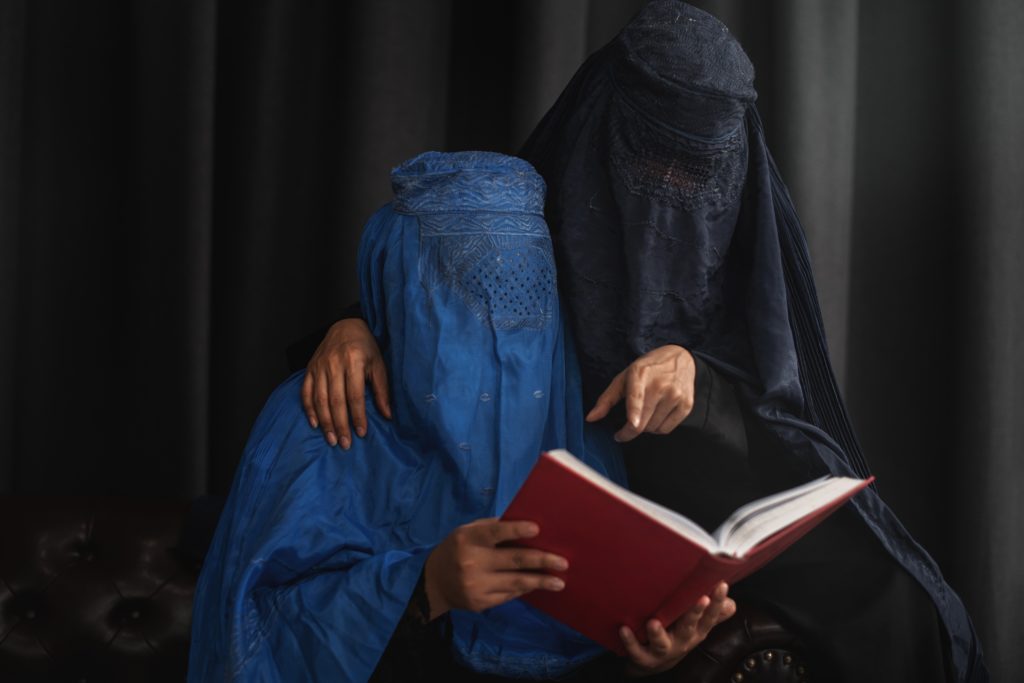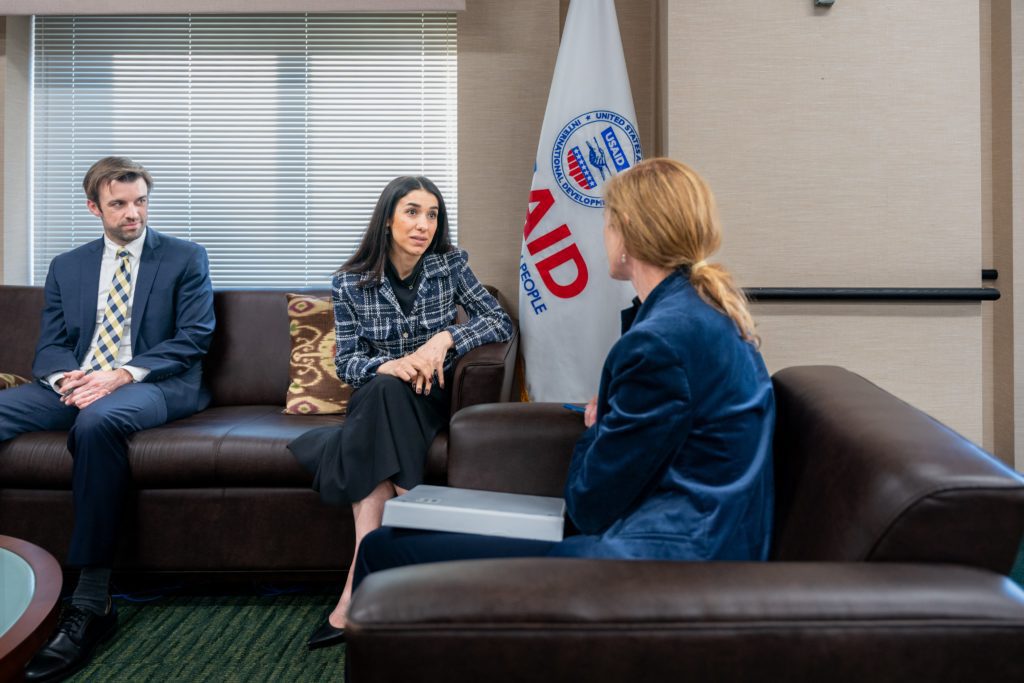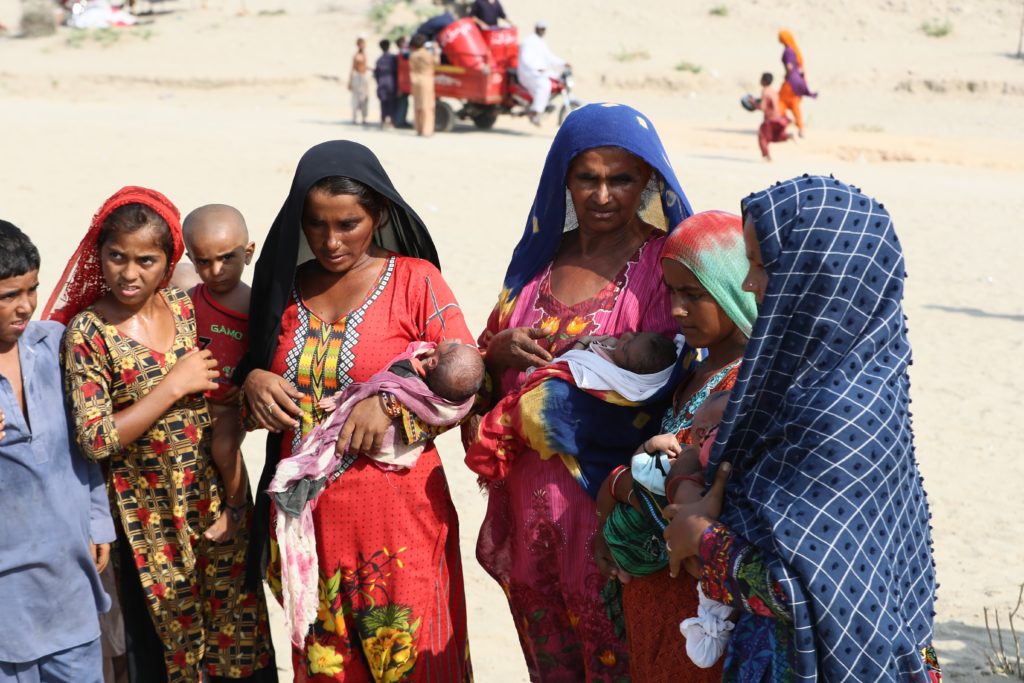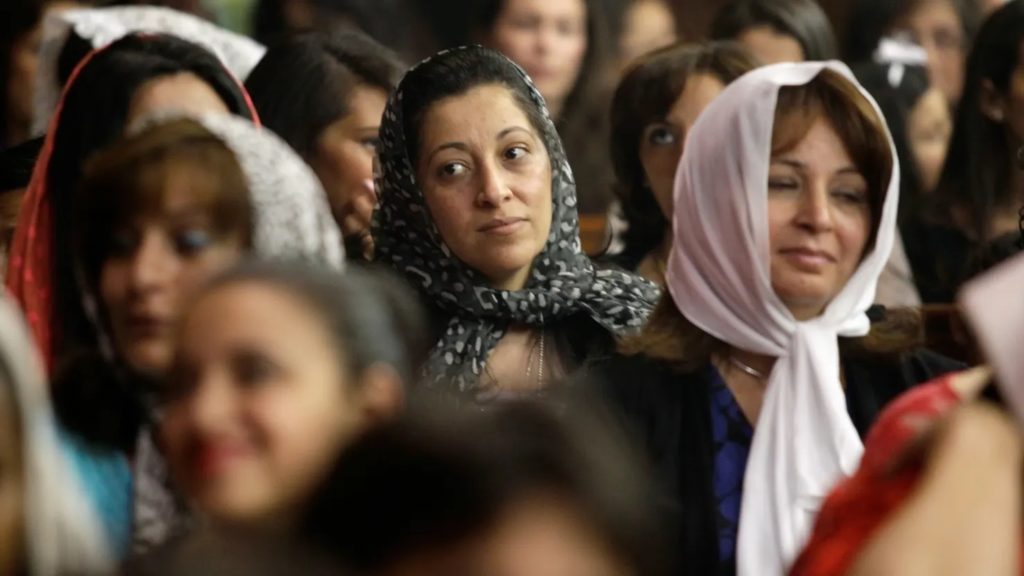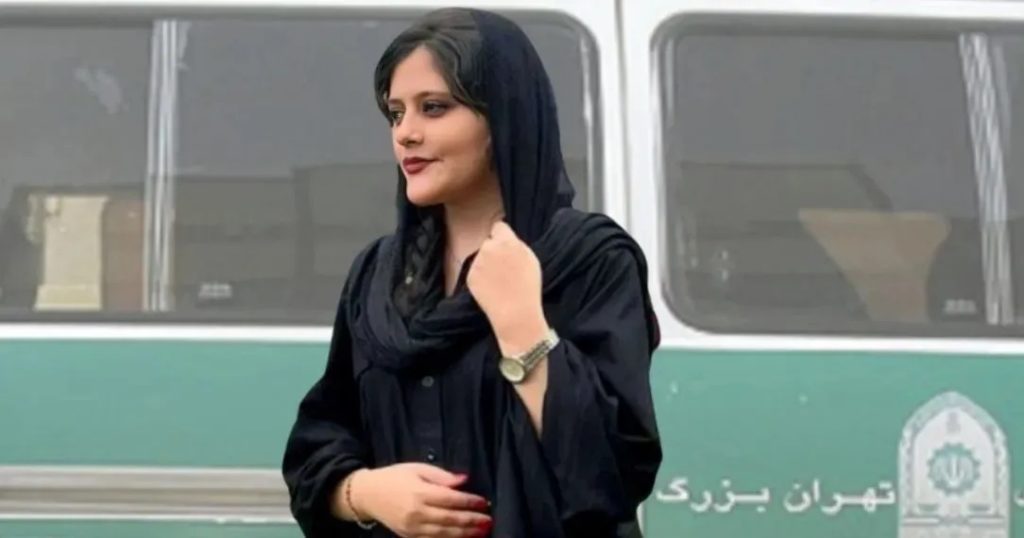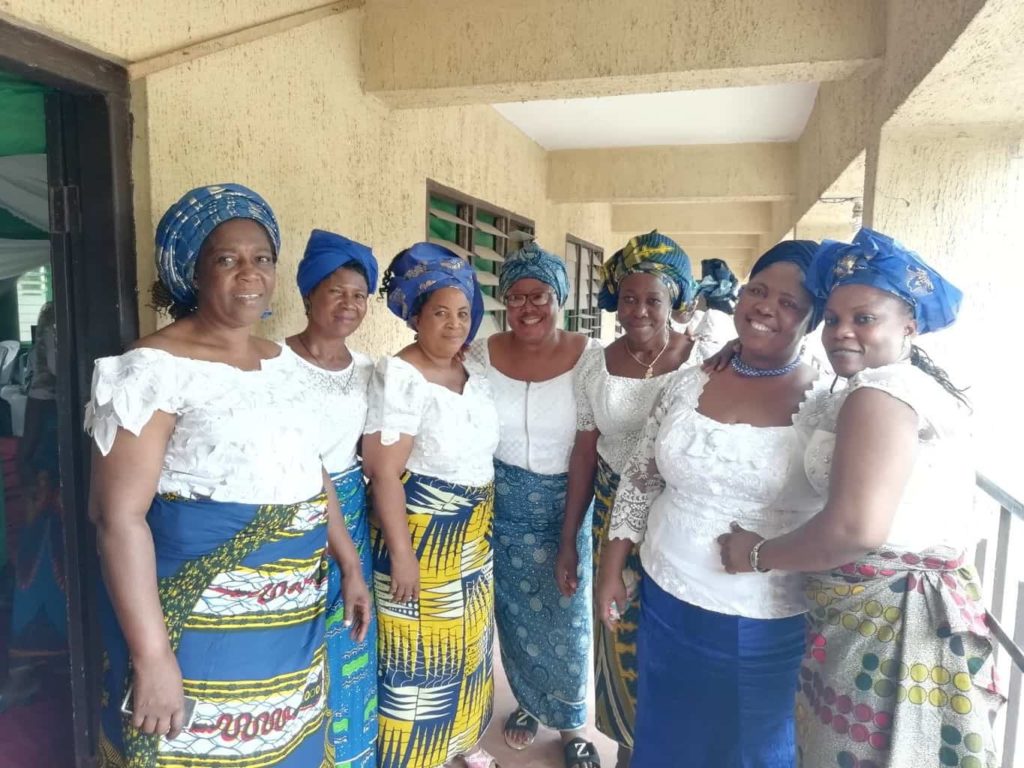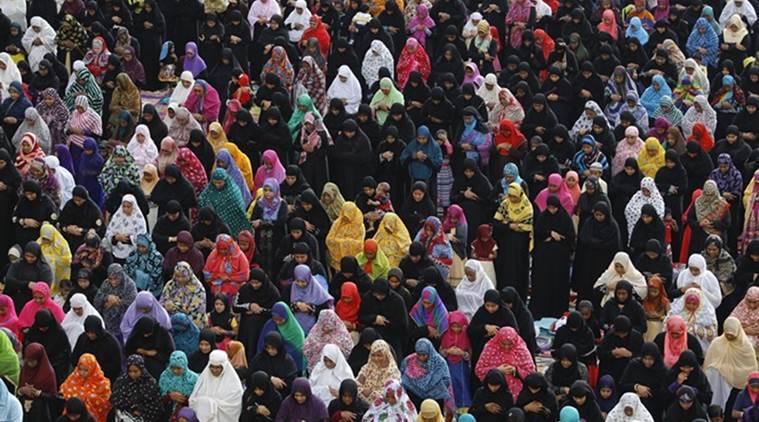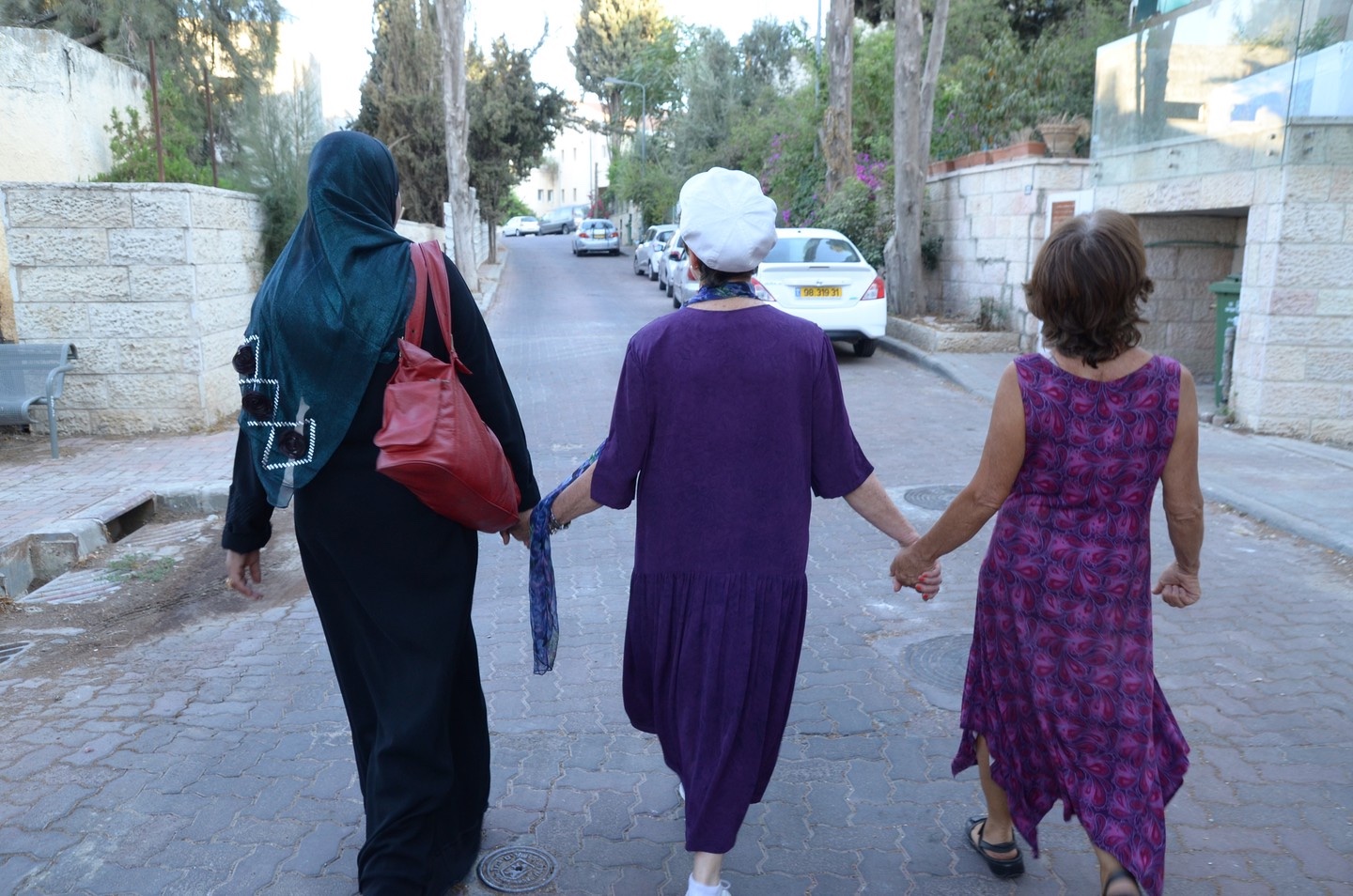Turkey, with its iconic sites like the Hagia Sofia museum-mosque and Ottoman palaces, its famous cuisine, fascinating bazaars and Greek, Roman and Byzantine ruins has become one of the top tourist destinations in the world. But at the same time, Turkey is turning into a global travel hub, it has become increasingly repressive under the leadership of President Recep Tayyip Erdogan. For example, in March, he locked up the mayor of Istanbul—a political rival—and now he is falsely accusing almost 40 grandmothers, mothers, female university students, and high school girls of terrorism. If convicted, the defendants, none of whom are still being detained, could be sentenced to up to 15 years in prison. The trial currently being held in Istanbul’s 24th Heavy Penal Court, which handles serious crimes, has become known as the “Girls Trial” because the regime has forced minor girls into becoming witnesses in the case.
I visited Istanbul three times over the past eight months as an international human rights observer and sat in on court hearings where 41 defendants—almost all women– are being accused of belonging to FETO, the “Fethullah Terrorist Organization.” The Istanbul Police Department’s Anti-Terrorism Department took them into police custody in an early morning raid in May 2024. The government alleges that they are connected to the Gulen movement, named after the late Muslim cleric Fethullah Gulen, alleging that they are “giving and receiving instructions, with the intent to commit acts of terrorism by using force and violence.”
The Erdogan regime blames the Gulen Movement for a failed coup attempt in July 2016 although there is no credible evidence that Gulen or his followers planned the coup. After the coup attempt, the Turkish government fired, detained, arrested and tortured over 100,000 soldiers, pilots, teachers, police judges, university deans, governors and journalists. Now the regime is coming after religiously observant women and girls.
Students Accused of Terrorism for Grocery Shopping
The prosecutor claims that the defendants have used “pressure, intimidation, terror, or threats, aiming to change the qualities of the [Turkish] Republic.” When we think of “terrorist” activities, what comes to mind are assassinations, suicide car bomb attacks, bombings, kidnappings, hostage-taking and other violent actions carried out by organizations such as al-Qaeda; FARC (Revolutionary Armed Forces of Colombia); the Tamil Tigers from Sri Lanka and now Boko Haram in Nigeria and al-Shabab in Somalia.
But the presiding judge at the Istanbul trial did not ask any of the defendants or witnesses if they had undergone military training, encouraged violence, planned a kidnapping or hidden a gun in their home. Instead, he asked university students sharing an apartment about why they were studying math and science together, going bowling, reading the Quran and praying.
In Turkey, university students often live together in dorm rooms and encourage each other to study hard, even though they may be pursuing different academic programs. And like college students everywhere, housemates share chores and consult each other about shopping. Religiously observant students also read the Quran and pray together regularly.
The prosecutor’s final opinion on “terrorist activities” included sections on the defendants shopping for groceries together and their “cleaning duties within the house.” He wrote that they were instructed to pay “particular attention” to “cleaning the kitchen, bathroom, and toilet daily.” They were also “accused” of being instructed to wake up for Fajr, the first morning prayer for observant Muslims, and that before going out, they should perform ablution, ritual purification for Muslims before praying. It all sounds quite dangerous!
Gulen Movement Highlights Education for Conservative Muslim Women
Since these defendants are being accused of affiliation with the Gulen Movement, I wondered why this Movement would attract so many girls and women. Dr. Hafza Girdap, who recently earned a Ph.D. in Women, Gender and Sexuality Studies from Stony Brook University in New York, attended one of the thousands of Gulen Movement tutoring centers in Turkey when she was a senior in high school. These tutoring or “prep schools” prepared her for Turkey’s very difficult university entrance exams.
Like many of the girls and women who attended schools affiliated with the Movement, Hafza grew up in a conservative, religious Muslim family. These families would have been reluctant to allow their daughters to attend university and live in dorms away from home. “Conservative Muslim parents like mine were worried about their daughters moving away from their religious and moral values, having a boyfriend, using drugs, or not keeping up with their religious duties,” says Hafza. “But my parents and I met people from the Gulen Movement whom we trusted, they were religiously observant but also encouraged girls to pursue higher education.”
Hafza did well on the university entrance exam and enrolled at Ege (Aegean) University in Izmir on the Aegean coast. Volunteers from the Movement helped her find a place to live (with other female students). After she graduated, Hafza, who wears a başörtüsü or Islamic headscarf, became an English teacher in a school affiliated with the Gulen Movement and later a vice-principal. She noted that the Movement promoted the idea of women in leadership positions, although she thinks they needed to go further, especially by recognizing the need for women Islamic scholars who can interpret Islamic jurisprudence (Fiqh).
Most of the women I met at the trials prided themselves on being educated. I met aspiring lawyers and computer engineers and also 52-year Aysu Öztaş Bayram. Aysu was imprisoned for ten months even though she is a liver transplant recipient and has Parkinson’s disease. Her eldest daughter also is one of the defendants, and two of her younger daughters – both high school students – also were taken into police custody in the “anti-terrorism” raid in May 2024. When I asked Aysu why she thinks the Erdogan regime is targeting grandmothers, mothers, university students and high school girls, she said: “They are afraid of educated women. Educated women ask questions.”
Gulen Movement women—and men—identify as mainstream Sunni Muslims. But they also have a particular interpretation and application of Islam which focuses on a synthesis of faith and science, education, interfaith dialogue and a disciplined schedule for prayer and discussing religion together. Another female human rights observer from the United States who observed two of the “Girls Trials” noted that Aysu and several other mothers were being accused of terrorism for allegedly encouraging their daughters to participate in Movement activities. “Women as mothers often play the most foundational role in the spiritual and moral upbringing of their children,” she said. “Mothers should be able to practice their religion and raise their children according to their religious beliefs.”
Strip-Searching Female Defendants—No Weapons Found
One of the most shocking stories I heard from the female defendants was from a young woman we can identify as S.N., also taken into police custody during the May 2024 raid. She told me about being strip-searched down to her underwear, then forced to remove all her clothes after being transferred to prison. At the September 2024 hearing, S.N. testified in court about what happened to her. Her lawyer told me that many women accused of association with the Gulen Movement were strip-searched, even though no weapon of any kind was ever found on them. Her lawyer said she was the bravest woman he had ever met, that it took enormous courage for a conservative Turkish woman to speak publicly about being strip-searched. “I was 25 years old when this happened,” S.N. told me. “I wanted to make my voice heard so they don’t do the same thing to younger girls, who would have a much harder time handling it.”
The final trial in the Girls Case will be held on September 18 and 19. The judge is expected to decide whether students who study science and math together, tutor younger girls in these difficult subjects, go bowling in their free time, talk with their mothers about recipes, and pray five times a day will be sent to prison.
Turkey can be proud of its splendid architecture, magnificent mosques, and growing clout as both a NATO member and a regional power in the Middle East. But it should be celebrating high-achieving female university students, not charging them with terrorism. And it should be ashamed of intimidating grandmothers, mothers, students and high school girls in a court that should be focusing on “real crimes,” not what girls are cooking for dinner.
Andrea Barron is an international human rights activist based in Washington DC. She observed the “Girls Trial” in Istanbul in December 2024, February 2025, and July 2025.

